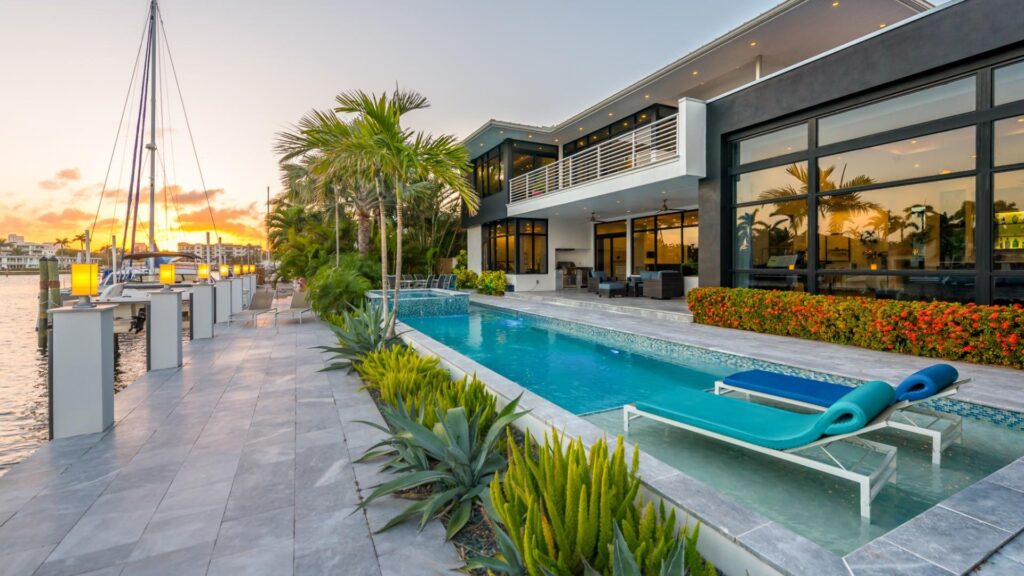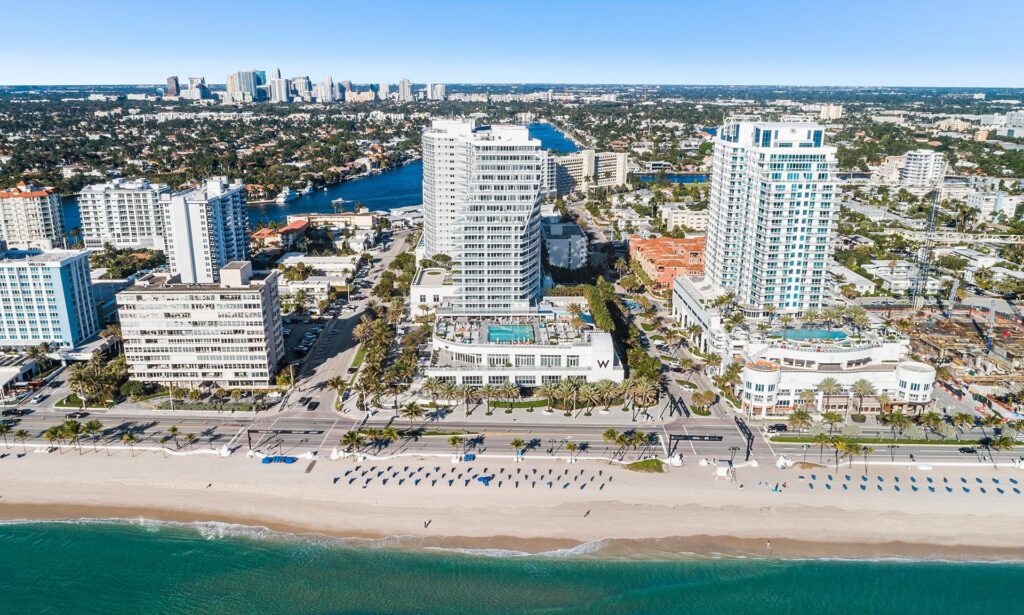Timing is the most important factor in buying a new house before selling your current one. You must ensure that you have enough equity in your existing home to act as a down payment on the new property. You’ll also need a realistic idea of how long it will take to sell your home. To do this, you should consult a real estate agent to estimate your home’s value and how long it will likely take to sell.
Assuming you have enough equity and are confident in your ability to sell your current home within a reasonable timeframe, there are a few other things to keep in mind when making this type of purchase:
- You’ll need to get pre-approved for a mortgage on the new property. This will give you an idea of how much house you can afford and help you stay within your budget.
- It’s important to be flexible when making offers on a new property. Since you’re technically still selling your old house, you may not be able to meet the seller’s asking price.
- Don’t forget about closing costs!
When buying and selling homes simultaneously, you’ll need to factor in these additional costs so you’re not caught off guard at the last minute.
Timing is Key
Timing is the most important factor in buying a new house before selling your current one. You must ensure that you have enough equity built up in your current home to act as a down payment on the new property. You’ll also need a realistic idea of how long it will take to sell your home. In order to do this, you should consult with a real estate agent to get an estimate of your home’s value and how long it will likely take to sell. Assuming you have enough equity and are confident in your ability to sell your current home within a reasonable timeframe, there are a few other things to keep in mind when making this type of purchase.
Getting Pre-Approved for Your Mortgage
First, you’ll need to get pre-approved for a mortgage on the new property. This will give you an idea of how much house you can afford and help you stay within your budget. It’s important to note that getting pre-approved for a mortgage differs from being pre-qualified. Pre-approval means that you’ve gone through the process of applying for a mortgage and have received conditional approval from the lender based on an evaluation of your financial history. On the other hand, being pre-qualified simply means that the lender has looked at your financial history and given you an estimation of how much they would be willing to lend based on that information—but it’s not an official approval. As such, getting pre-approved will give you more negotiating power when making offers on the new property since the seller will know that you’re already approved for financing.
Flexibility is Key
Second, it’s important to be flexible when making offers on a new property. Since you’re technically still selling your old house, you may not be able If the seller receives multiple offers, they’re more likely to go with one from a buyer who doesn’t have their own home sale contingent upon purchasing the new property. As such, it’s important to be prepared to make some concessions to increase the likelihood that your offer will be accepted—such as offering a slightly higher price or including contingencies of your own (such as requesting that the seller contributes towards closing costs). Remember, Closing Costs!
Closing costs.
When buying and selling homes simultaneously, Typical closing costs range from 2% – 5% of the total purchase price, so make sure that you factor these additional costs into your budget so that you’re not caught off guard at the last minute. These are fees charged by lenders and must be paid by both buyers and sellers at closing. For example, if you’re selling a $200,000 home and purchasing a $300,000 home, expect closing costs somewhere between $6,000 – $15,000. While this may seem like a lot of money upfront, remember that many lenders allow borrowers to roll closing costs into their mortgage so that they don’t have to come up with all of the cash at once .
If you’re buying and selling in different markets, it’s essential to be aware of the timing issues that can come into play. In a seller’s market, where there are more buyers than sellers, it may be challenging to find a buyer for your home before you need to purchase your next one. This can put you in a bind if you need to move quickly. In a buyer’s market, on the other hand, it may be easier to find a buyer for your home, but you may have to accept a lower price than you were hoping for.
Things can still be tricky if you’re buying and selling in the same market. If you sell first, you may have to move twice — once into a temporary rental and then into your new home. This can be disruptive and expensive. If you buy first, you may end up paying two mortgages for a period of time . This can also be disruptive and expensive, but at least you’ll only have to move once.
Of course, there are other factors to consider as well. If you’re buying a home in an area with a strong economy and good job prospects, it may be easier to find a buyer for your current home. On the other hand, if you’re selling in an area with a weak economy and few job prospects , it may be harder to find a buyer .
The best way to decide whether to buy or sell is to talk to a professional real estate agent link Dotoli Group. They can help you weigh the pros and cons of each option and make the best decision for your unique situation. For more information, contact us at info@DotoliGroup.com



















